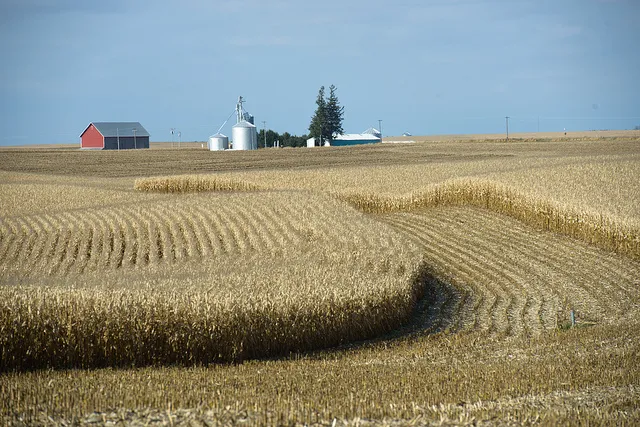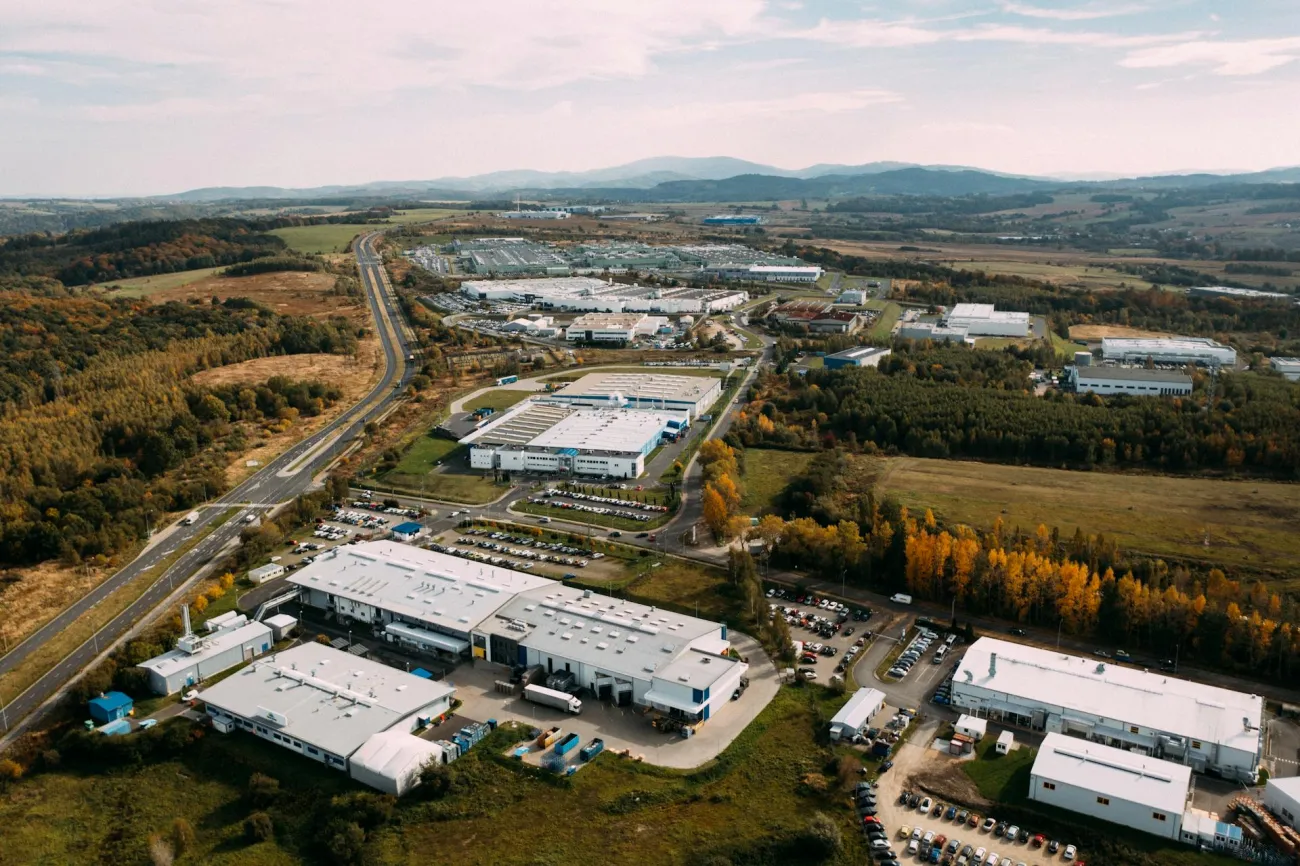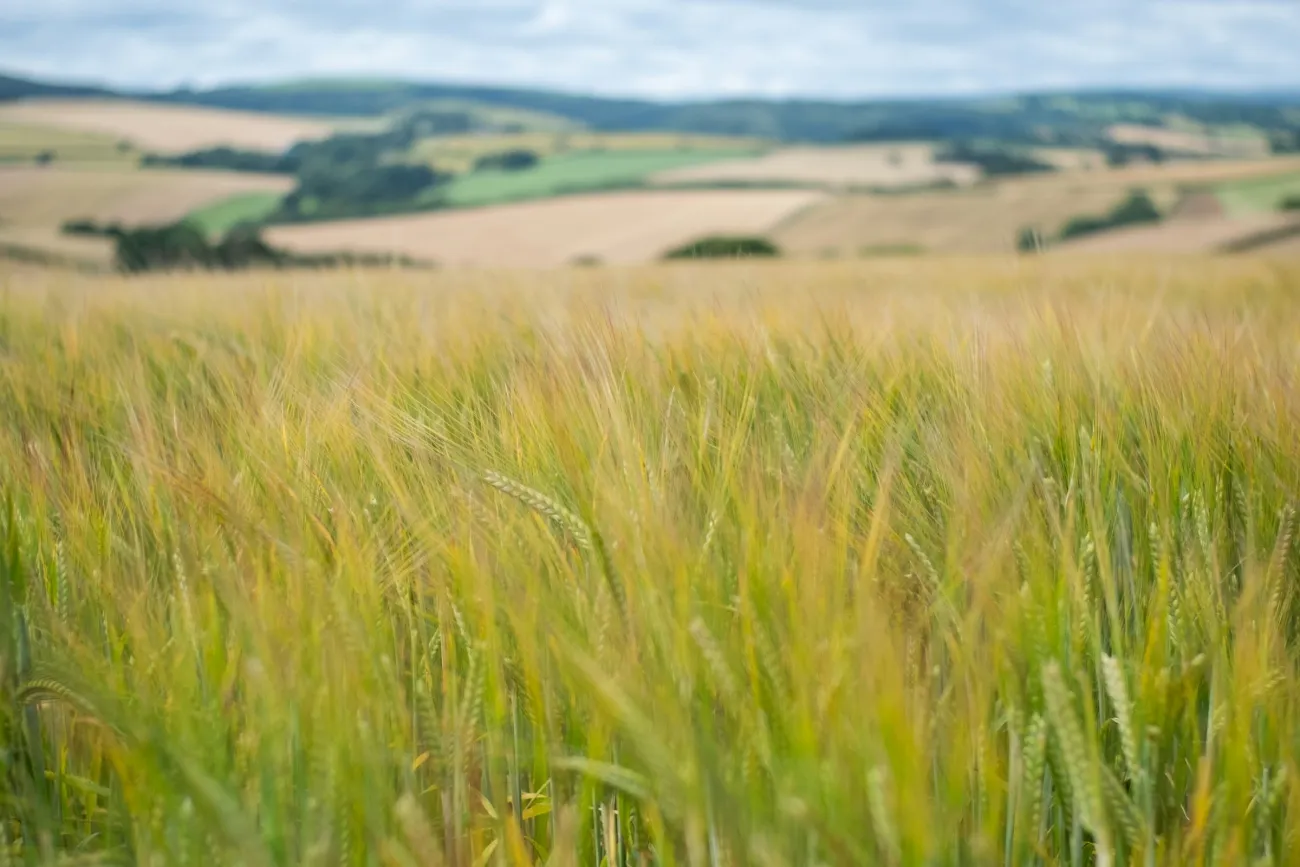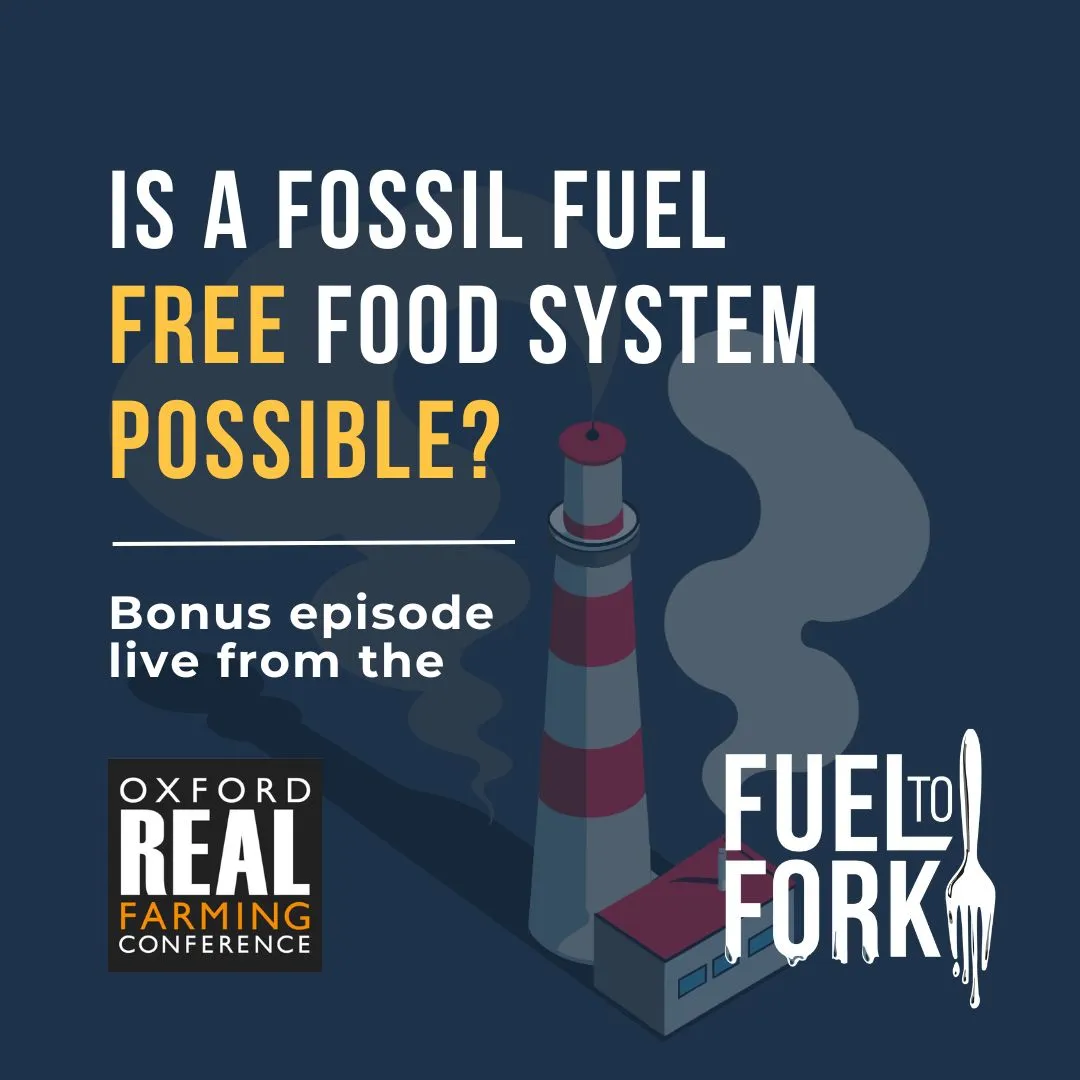This article examines how big food companies contend with some of the issues involved in efforts to improve the sustainability of their raw material supply chains. It argues that these large companies often operate in long, complex, and traditionally non-transparent supply chains that make it difficult for them to exert real influence over producers. ‘Big food’ is the description given to the world’s largest and most influential companies in the food and beverages markets.

The article was published in the Annals of the American Association of Geographers, and points to the limits of corporate food power, saying that the commodity traders know remarkably little about the farms they buy from, despite their unparalleled access to other forms of market intelligence. Drawing from in-depth interviews inside some of the world's biggest food companies this paper notes that while there are a variety of tools for collecting data about on-farm emissions, energy and natural resource use, the challenge has been to get producers to collaborate. The author (and FCRN member Susanne Freidberg) points to the fact that few companies offer to pay farmers for this information, despite the time required to compile it. Guarantees of confidentiality have also not reassured farmers about how companies might use their data. The author also describes a situation where there is often a lack of resources and buy-in within these companies for the work to improve supply chain sustainability.
Abstract
Over the past several years, many of the companies collectively known as Big Food have launched ambitious programs to assess and improve the sustainability of their raw material supply chains. Fueled partly by concerns about the risks posed by climate change and other environmental problems, these efforts differ from earlier corporate food supply chain governance in that they rely more on metrics of continuous improvement than compliance with standards. They also extend beyond high-value, high-profile products to include staple ingredients such as corn and soy. These commodities are sourced through long, complex, and traditionally nontransparent supply chains, where even the biggest food companies exercise surprisingly little clout over producers. This article examines how companies contend with this problem both within their own supply chains and as members of multistakeholder initiatives. The assemblage concept not only describes the many actors, technologies, and practices now working to get certain kinds of data flowing off farms; it also highlights the relational nature of this work and the uncertainty of its outcomes. More broadly, the article points to the limits of both corporate food power and the very notion of Big Food as an explanation for how that power is wielded.
Reference
Freidberg, S., (2017) Big Food and Little Data: The Slow Harvest of Corporate Food Supply Chain Sustainability Initiatives, http://dx.doi.org/10.1080/24694452.2017.1309967
You can read the full paper here and see a press-release article discussing the paper here.




Comments (0)